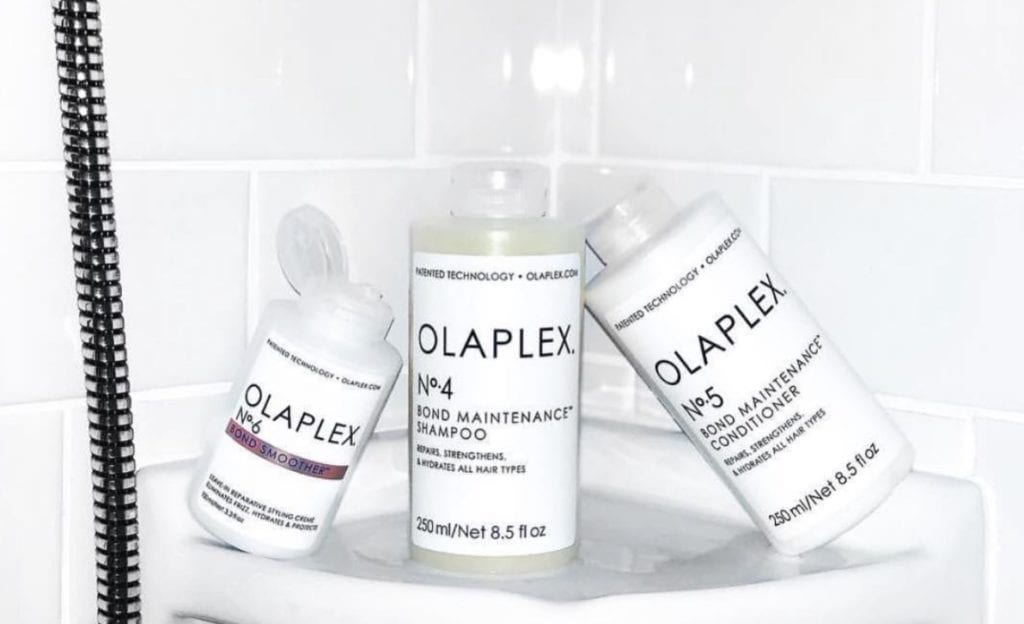Walmart has denied “knowingly and intentionally distributing and selling” counterfeit haircare products and similarly called foul on claims that its marketplace is “rife with counterfeits.” The denials by Walmart come on the heels of the American retail giant being hit with a trademark and unfair competition lawsuit this spring by Olaplex. In the formal answer that its counsel filed in a California federal court last month, Walmart claims that Olaplex’s case should be tossed out of court in its entirety and the buzzy haircare brand should walk away with “nothing.”
After shooting down Olaplex’s claims of trademark counterfeiting and dilution, Walmart sets out a handful of affirmative defenses in its filing. Among those defenses, which – if proven – will defeat or mitigate the legal consequences of its otherwise unlawful conduct: Walmart argues that Olaplex’s claims are barred the First Sale Doctrine, a legal tenet that shields the purchaser of a genuine trademark-bearing item from infringement or dilution liability should he/she opt to resell that item. This means that once a trademark holder has released products into the marketplace its ability to control any further distribution of those products is largely diminished.
In asserting the First Sale Doctrine as a defense, Walmart is essentially arguing that the Olaplex products on its marketplace – such as the allegedly fake versions of its popular “Hair Perfector No. 3” – are authentic products that Olaplex released into the market (albeit to a buyer that was not Walmart). As a result, it cannot prevent the subsequent re-sale of those goods by their initial purchasers.
Far from an obscure legal tenet, the First Sale Doctrine is becoming an increasingly common-raised defense in various cases in light of the rise in digital marketplaces and luxury resale sites, and the corresponding attempts by brands to control the distribution of their authentic products and thus, limit sales by unauthorized parties.
One of most closely-watched cases in the fashion industry that has spoken directly to the First Sale Doctrine is the one that Chanel filed against What Goes Around Comes Around (“WGACA”), alleging that in addition to selling counterfeits (something that WGACA has denied), the luxury reseller is running afoul of trademark law by using Chanel’s name and imagery to promote products made by the iconic Paris-based brand on its e-commerce website.
In response to Chanel’s suit, WGACA pointed to the First Sale Doctrine as a defense. However, its argument did not last long, as Judge Louis L. Stanton of the U.S. District Court for Southern District of New York determined in October that the doctrine does “not give WGACA protection.”
As he stated in response to WGACA’s answer, Judge Stanton stated that the First Sale Doctrine “applies only where a ‘purchaser resells a trademarked article under the producer’s trademark, and nothing more.’” The problem for WGACA, according to Judge Stanton? WGACA is not the immediate purchaser of the Chanel goods but instead, a re-seller of them, making it so that the First Sale protections do not apply.
In accordance with that assessment, Walmart may be in for an uphill battle, since, as Olaplex asserted, the products for sale on Walmart’s site were being offered by third-party sellers and Walmart, alike. While the First Sale Doctrine would easily apply to the individual sellers (assuming the products are authentic and not otherwise “materially different” from their initial-sale state), it will likely be more difficult for Walmart, which does not appear to be the immediate buyer of the products, at least not according to Olaplex’s complaint.
On a broader note, brands’ continued attempts to shut down unauthorized sales of allegedly authentic products have been met with pushback from retailers and re-sellers. For instance, in response to the case that Chanel filed against The RealReal eight months after filing suit against WGACA, The RealReal characterized Chanel’s litigation as “nothing more than a thinly-veiled effort to stop consumers from reselling their authentic used goods, and to prevent customers from buying those goods at discounted prices.”
Yet, as the value of the $25 billion-plus resale economy continues to skyrocket, attempts by brands to control how and where there products can be sold, and how their trademark-protected names and logos can be used are proving to be somewhat common, and in at least cases, have proven to be successful endeavors by brands, making this is an area worth paying close attention to.











